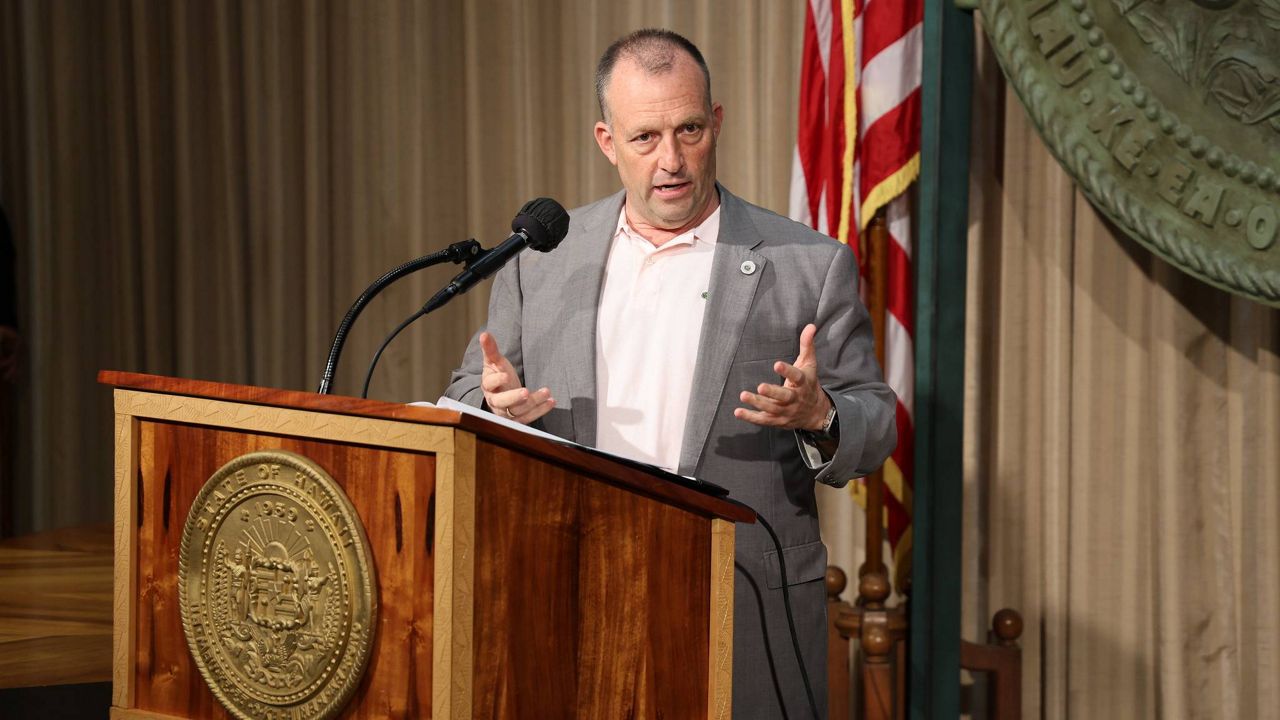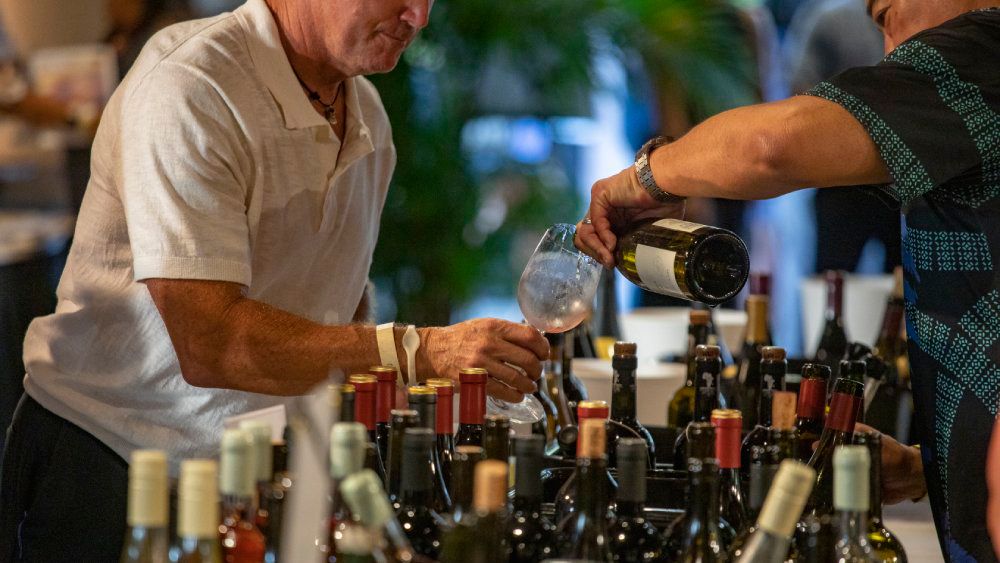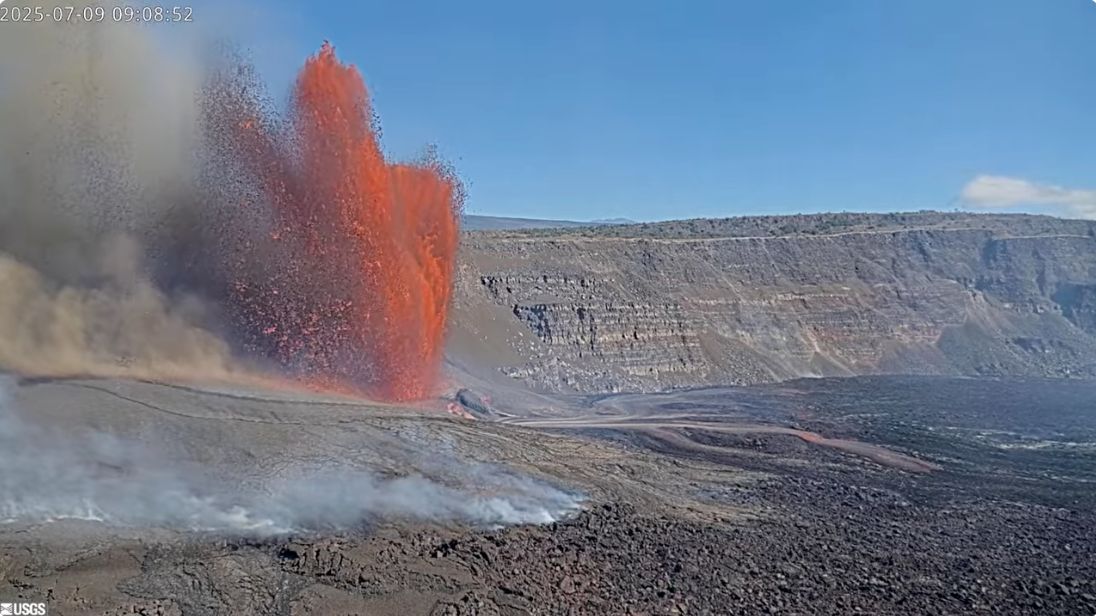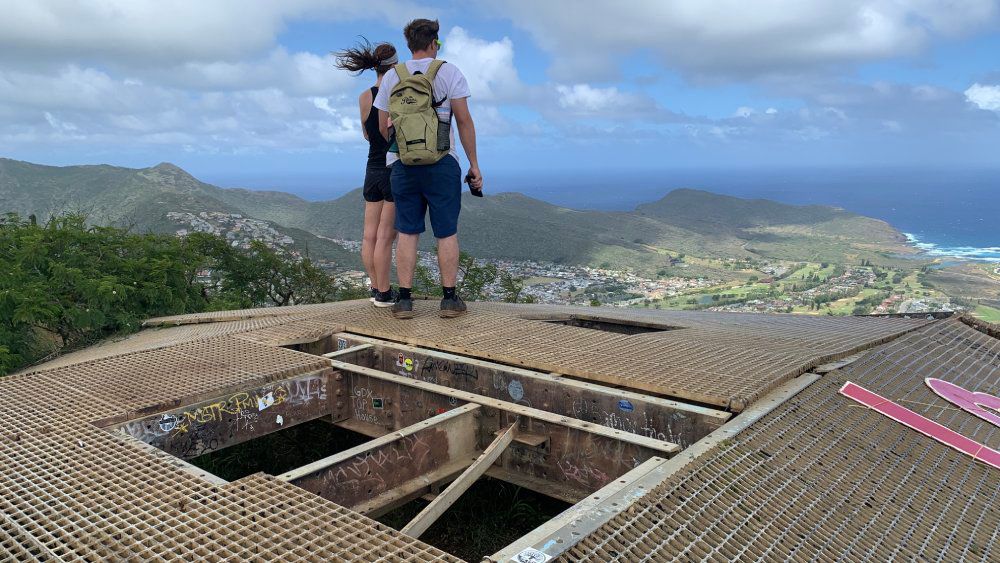Gov. Josh Green has submitted to the state Legislature the list of bills he intends to veto, including measures addressing property forfeiture, tax credits, e-bikes, access to medical cannabis and more.
In all, Green identified 19 bills out of the 320 total measures passed during the 2025 legislative session that he intends to veto. While Green is not obligated to veto every bill on the list, he cannot veto a bill that is not included.
Green has until July 9 to either sign into law or veto bills. Any bill that is not acted on by that date will automatically become law.
“Our team has completed a review of every measure and the overwhelming majority of legislation will become law,” Green said. “Each bill on today’s list is based on thorough legal and fiscal analysis and, as always, was guided by what will best serve the people of Hawaii, protect our resources and strengthen our future.”
The release of this list provides additional time to continue ongoing discussions with key stakeholders concerning implementation and impact. As the governor noted, potential changes to the state’s federal funding and reduced revenue projections from the Council on Revenues warrant additional time to analyze bills and ensure each bill is given “the nuanced, thoughtful consideration it deserves.”
For example, Green included on his intent-to-veto list House Bill 300, the state budget bill, on the basis that shifting economic conditions require a reevaluation of the budget to ensure that essential services and priorities remain supported. He said specific line-item reductions based on “feasibility, stability and sustainability” will allow the state to enter the year with a balanced budget and sound financial plan. More than 300 bills were reviewed by state departments and agencies, the Attorney General and the Governor in the last month. Green has already signed 200 measures brought before him.
Among the bills that could be vetoed is HB126, which would require that charges are filed against the owner of the seized property in order for an asset forfeiture to be authorized. The measure would also limit the conditions under which forfeiture is allowed. Under these limits, the property owner must be charged for the covered offense within a year of the property seizure. If charges are not filed within that time, the property must be returned or, if illegal, destroyed.
While the governor affirmed that forfeiture serves as a powerful deterrent against and punishment for criminal activity, he said one-year deadline to return seized property for which the owner has not been charged with a covered offense, “significantly weakens the efficacy of this dual deterrent and punishment.”
“Many covered offenses, including felonies, often involve complex investigations that extend beyond a year, rendering this bill’s one-year deadline for law enforcement to file charges unrealistic,” Green wrote in his justification for veto. “Seized property can serve as critical evidence in investigations, and its return before an investigation’s completion would severely hamper the investigation as well as the administration of justice at large.”
Green also intends to veto HB796, which requires that income tax credits existing on Dec. 31 or established or renewed after that date include a five-year sunset or an annual one-third reduction, beginning with the sixth year of the credit.
“This bill would have a significant long-term impact on income tax credits across a variety of industries, including film and television, research, and renewable energy,” Green’s veto rationale stated. “These tax credits are critical to supporting economic development and diversification, particularly within growing and emerging sectors. Categorically sun-setting income tax credits will not only dis-incentivize future investors from doing business in Hawaii but will destabilize existing businesses that currently rely upon these tax credits.”
HB958 was drafted and approved in response to broad public outcry for better regulation of electric bicycles and similar law-speed motorized vehicles. The bill would prohibit the operation of high-speed electric devices in certain locations; establish labeling and signage requirements for electric bicycles; prohibit a person under the age of 16 from operating a class 3 electric bicycle; and prohibit a person from riding a class 3 electric bicycle on a sidewalk.
The bill would further establish a minimum age to operate class 2 electric bicycles under supervision and allow a person to ride a class 1 or class 2 electric bicycle on a sidewalk under certain circumstances. It would prohibit a person from operating a bicycle or electric foot scooter under the age of 18 without a helmet.
However, the governor noted that while mopeds and motorcycles are exempted from the proposed prohibition on high-speed electric devices driving on public roadways, electric care is not.
“Such a prohibition would likely violate the Commerce Clause and Equal Protection Clause of the United States Constitution and conflict with the administration’s commitment to reducing greenhouse gas emissions,” Green said.
HB302 proposes to modernize the state’s medical cannabis program by improving patient safety and access and addressing issues caused by the illicit cannabis market.
Part 1 of the bill authorizes DOH to inspect medical records for qualifying patients that are held by the physician, advanced practice registered nurse, or hospice provider who issued a written certification for the patient. It also allows the initiation of provider-patient contact via telehealth, limits the maximum amount of fees that can be assessed by providers and authorizes the sale of products and accessories for the medical use of marijuana to be sold at retail dispensing locations.
Part 2 establishes criminal penalties for the unlicensed operation of a medical cannabis dispensary up to $5,000 per violation. Part 3 authorizes Medical Cannabis Registry and Regulation Special Fund funds to be used to mitigate and abate nuisances related to illegal cannabis and hemp products and medical cannabis dispensaries. Part 4 prohibits the cultivation of cannabis without a cannabis cultivator license issued by DOH.
The governor said he supports the bill’s intent to expand access to medical cannabis for any medical condition but considers the provision authorizing the inspection of patients’ medical records without warrant “a grave violation of privacy.”
“Given that the federal government classifies cannabis as a Schedule I substance, patients’ reasonable fears of repercussions based upon information gained from [an] inspection of their personal medical records may deter patients from participating in the medical cannabis program,” he said.
Click here to view the full intent-to-veto list.
Michael Tsai covers local and state politics for Spectrum News Hawaii. He can be reached at michael.tsai@charter.com.











